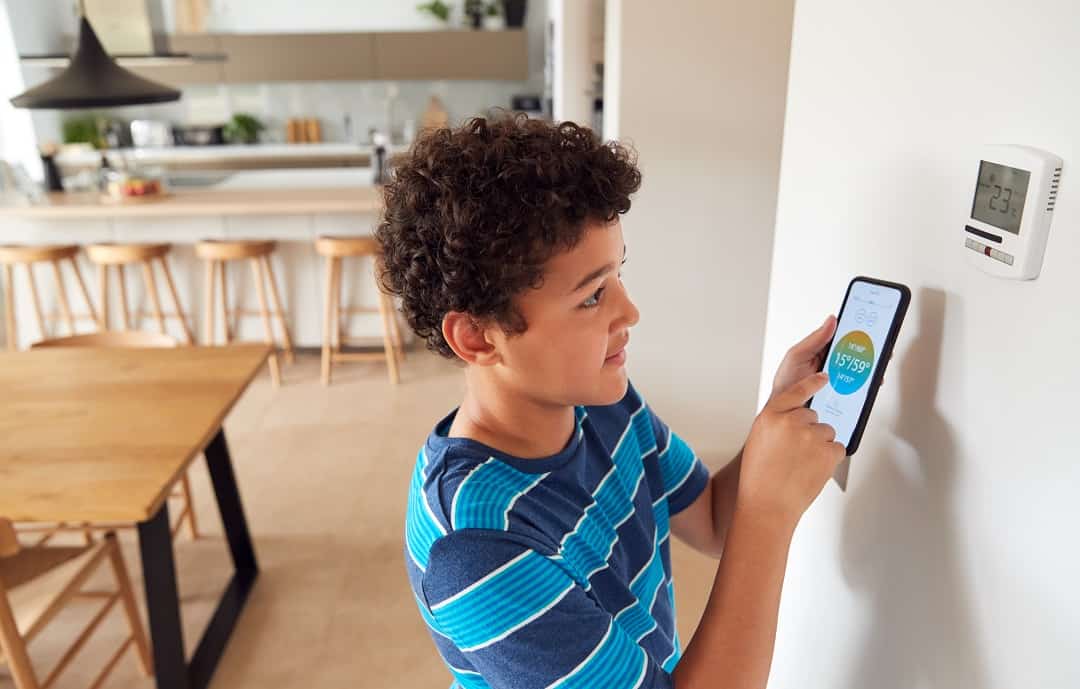Smart refrigerators have been marketed as the next big thing in kitchen technology, but there are several reasons why they may not be as smart as they seem. In this gallery-style post, we will explore the top 10 reasons why smart refrigerators are considered dumb. From increased risks of information leaks to concerns about manufacturers sharing data with third parties, this post will cover the key issues that make these high-tech appliances more trouble than they are worth. Read on to find out why you might want to think twice before investing in a smart refrigerator.
Security Risk

Smart refrigerators can pose significant privacy concerns. One main issue is the potential for information leaks. These appliances often collect and store data about the user’s habits, such as shopping patterns and inventory lists. If not properly secured, this information can be accessed by unauthorized parties, leading to possible misuse.
Potential Privacy Leaks

Another concern is data sharing with third parties. Manufacturers of smart refrigerators may share collected data with other companies for marketing purposes or other uses. This can occur without the user’s explicit consent, leading to further privacy intrusions. Users may find it difficult to control or even be aware of how their information is being used and shared.
Software Issues

Software glitches are a common issue with smart refrigerators. These devices rely heavily on complex software to function. When the software fails or experiences bugs, it can lead to various problems. For example, the refrigerator might stop cooling properly, or the touch screen could become unresponsive. Software updates meant to fix issues can sometimes introduce new problems. This can be frustrating for users who expect their refrigerator to work without requiring constant troubleshooting. Even more concerning, the manufacturer of the refrigerator can stop supporting it completely and leave you without vital security updates.
Limited Compatibility
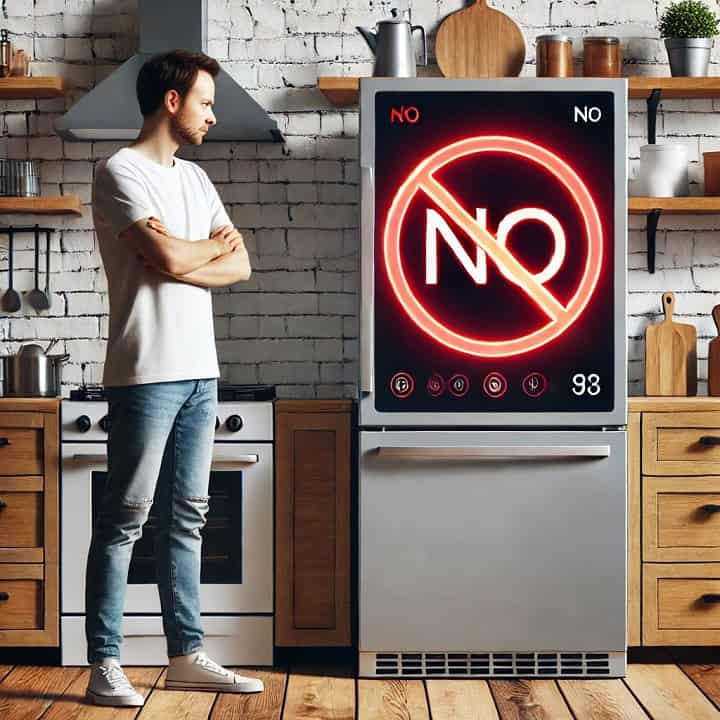
Limited compatibility with other devices is another drawback of smart refrigerators. While they are designed to connect with other smart home devices, the reality is that not all devices work well together. Different brands and models may use different communication protocols, leading to compatibility issues. This can make it difficult to fully integrate a smart refrigerator into a smart home system. Users may find that their refrigerator does not sync properly with their other devices, reducing the overall functionality and convenience. Worse, you may find yourself needing to use a special app just to manage your smart refrigerator.
Reliability and Durability Issues
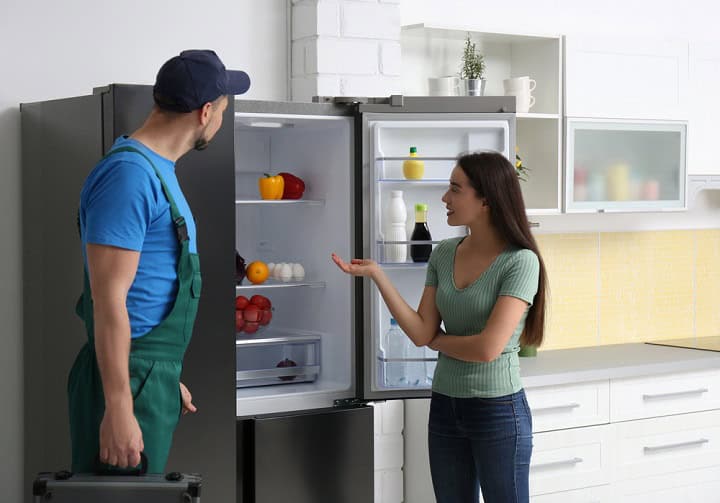
There are significant issues with the reliability and durability of smart refrigerators. These appliances often rely on complex technology which can be prone to malfunction. The integration of software and hardware increases the likelihood of technical problems. Traditional refrigerators tend to be more durable because they do not have these additional electronic components. Repairs for smart refrigerators can also be more costly and complicated compared to their conventional counterparts.
Hidden Costs

The hidden costs associated with owning a smart refrigerator can add up over time. Initial costs are higher due to advanced technology and features. Maintenance and repair can be more expensive because of the specialized parts and expertise required. Software updates and potential subscription fees for certain services can also contribute to ongoing expenses. Additionally, the energy consumption may be higher, leading to increased utility bills. These factors combined make owning a smart refrigerator more costly than traditional models.
Dependency on an Internet Connection
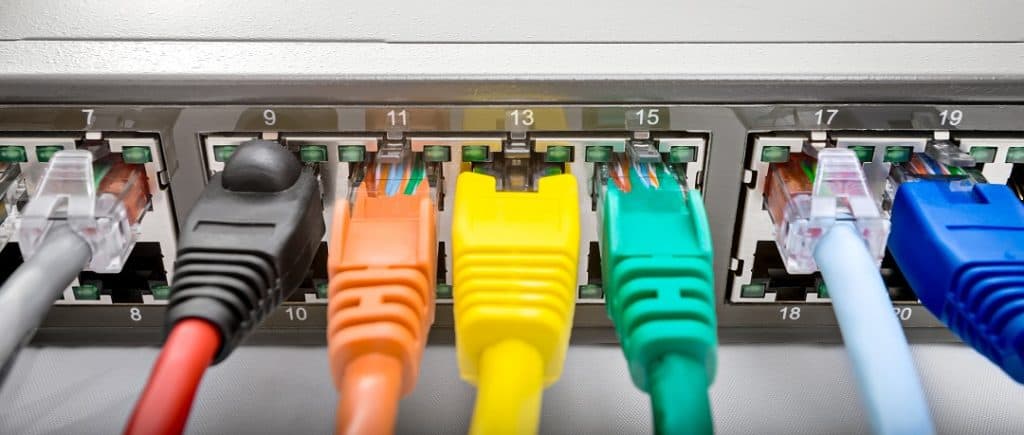
Many smart refrigerators rely on constant internet connectivity to function fully. Without a stable Wi-Fi connection, features like remote monitoring, grocery list syncing, and voice assistant integration stop working. This can be frustrating, especially if your internet service is unreliable or you experience outages. Unlike traditional fridges, which function seamlessly no matter what, smart refrigerators become significantly less “smart” when disconnected, limiting their usefulness and leaving you without access to key features.
Added Complexity

One of the main selling points of a refrigerator is its ease of use. However, smart fridges often complicate tasks that were once simple. For instance, adjusting the temperature or checking on your food might require navigating multiple touchscreen menus or dealing with voice commands. This added complexity can become a hassle, especially for those who just want a no-fuss appliance. Plus, if the tech malfunctions, these tasks become even more difficult, often requiring troubleshooting or technical support. If you thought turning your modem off and on again was hard, wait until you have to do this to your refrigerator!
Tech Features are Quickly Outdated

Technology evolves at a rapid pace, and smart refrigerators are no exception. While the fridge itself might last over a decade, its smart features could become outdated within a few years. Manufacturers may stop issuing updates or newer models might introduce features that make your fridge feel obsolete. You could find yourself with a functioning appliance that no longer integrates with other devices or platforms, making the “smart” part of the fridge irrelevant long before the appliance needs replacing.
Limited Useful Features
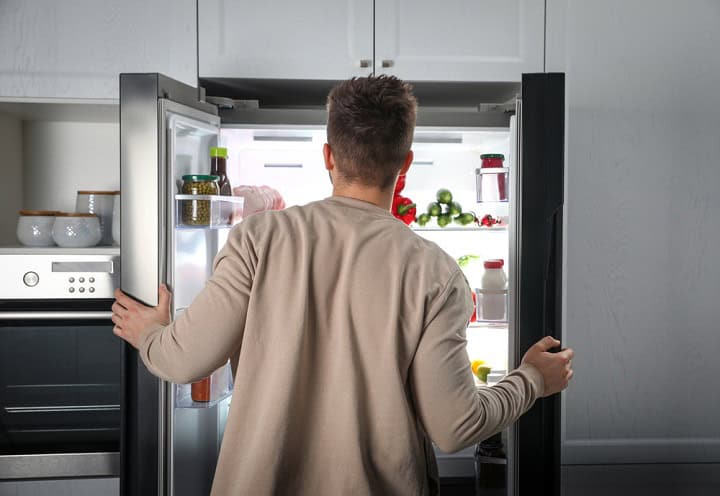
Many of the smart features found in these fridges sound impressive but offer limited practical value. Tasks like managing your grocery list or finding recipes can easily be handled by smartphones, tablets, or other kitchen gadgets. The novelty of having these features built into the fridge often wears off quickly, and many users find themselves rarely using them. Ultimately, for the price premium, you might not be getting much more than a few conveniences that other, more versatile devices can handle just as well, if not better.
In Summary
While smart refrigerators offer various advanced features, they also come with several drawbacks that make them less appealing to some users. Issues such as high costs, potential security risks, and unnecessary complexity can outweigh the benefits these appliances provide. Additionally, the reliance on technology for basic tasks may not suit everyone’s needs or preferences. Overall, smart refrigerators may not be the ideal choice for those who prioritize simplicity and reliability in their home appliances.


